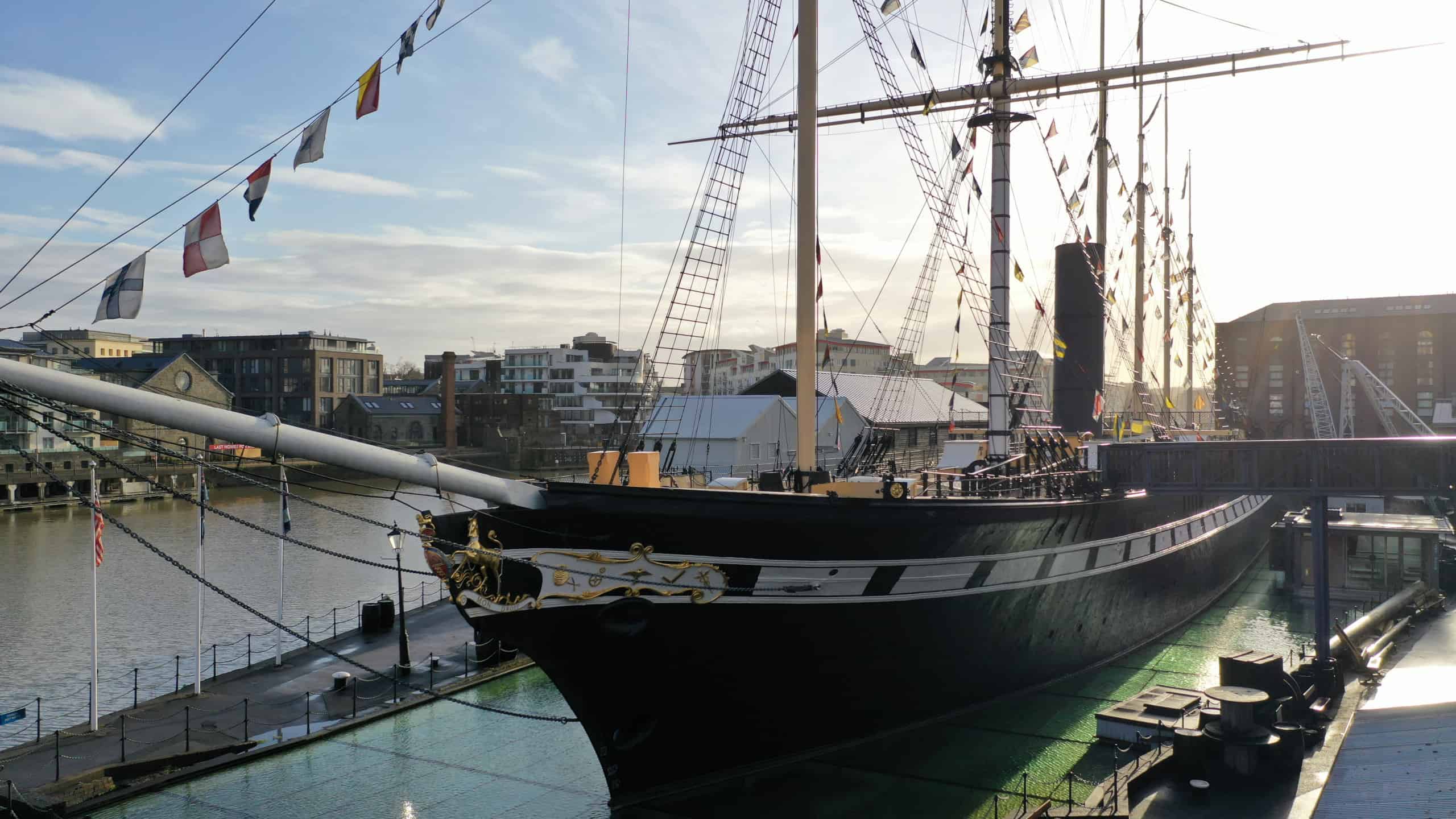Illnesses and injuries that affected those on board were recorded in the ship’s logbook accompanied by births, deaths and crew absences. This Halloween, we have delved into these logbooks and diaries to find some of the most gruesome aspects of life on board.
Rife with Rats
It didn’t matter if you travelled in steerage or first class, rats were a problem faced by everybody on board the SS Great Britain. These rodents would smuggle their way on board and then move around freely, eating food, socks, books and almost anything they could get their teeth into. One passenger even woke in the night to discover a rat eating her toe nails!
Passenger Allan Gilmour wrote in his diary on 8 October 1852 about the problem of rats on the ship:
“For this some nights past several of the passengers in our cabin have been annoyed by rats which even at times have come into our beds, & tonight we were awoke by a lady screaming, who being awake saw a rat walking on the partition above her head.” Allan Gilmour, 1852
Dearly Departed
Passenger Mrs Cohen sadly passed after a sudden and aggressive bout of Bronchitis whilst travelling on board the SS Great Britain. Jewish custom forbade burial at sea, but Captain Gray was kind enough to allow her body to be stowed on board until she could be buried in a Jewish cemetery, once the ship docked in Melbourne.
On 12 October 1853, passenger Annie Henning describes this tragic occurrence in her diary:
“On going downstairs to bed yesterday we heard that Mrs Cohen was just dead. She had always complained so when there was little or nothing the matter that we thought it was the same now. She was at dinner on Sunday. It is terribly sudden, and her husband is almost distracted. He came home from Melbourne by the Great Britain last time on purpose to bring her out, as they had been engaged before, and they were only married three weeks before we sailed. It was bronchitis she dies of. As we are so near Melbourne she is not to be buried at sea. She was 19 and her husband is 21.” Annie Henning, 1853
Bloody Butcher
The ship’s butchers could often be seen preparing fresh meat for the first class passengers. Passenger diaries mention the gruesome work seen to be carried out by these men, with descriptions of slimy buckets of offal, dead game birds and the odd smear of blood.
The diary passage below describes the gory preparation for a porpoise stew:
“The sailors have got the porpoise skinned and cut up into steaks this morning. I had the pleasure of tasting a piece of it after it was stewed and really it is very good, it very much resembles a piece of liver.” Allan Gilmour, 1852
Creepy Creeks and Gruesome Groans
Passenger diaries include various accounts of creepy noises on board the ship, particularly in steerage where screams and shrieks were sometimes heard. Sailing the seas on an iron ship can’t have been peaceful, with rough waves and spooky sounds keeping passengers up at night.
“Last night we had such a rabble and noise all night or at least the fore part of the night as I should not wish to experience again”. William Henry Griffiths, 1859
“Several of the passengers in our cabin have been annoyed by rats, which even at times have come into their beds…Tonight we were awake by a lady screaming who being awake saw a rat…above her head.” Allan Gilmour, 1852
Petrifying Pantry
With so many people living in a confined space, it’s unsurprising that injuries and illnesses were commonplace. One unfortunate soul even lost their finger trying to open a tin of food in the pantry. Mr Dearlove’s diary recounts the misfortune of a poor storeman on board in 1862:
“Another accident one of the storemen chopped off his middle finger from first joint in opening a tin of herrings.” Mr Dearlove, 1862



